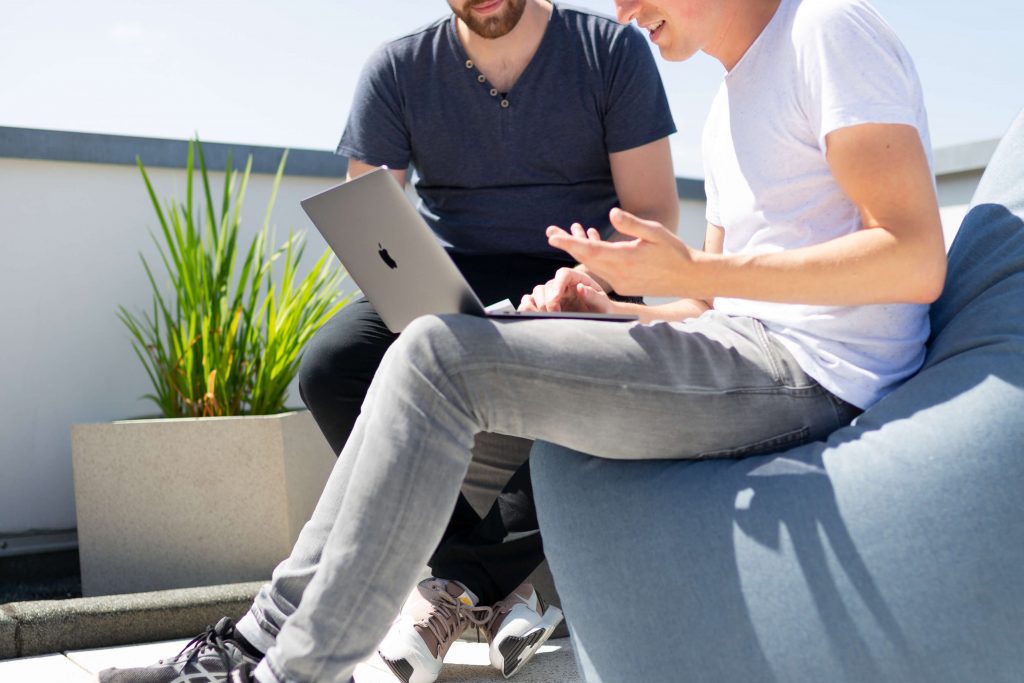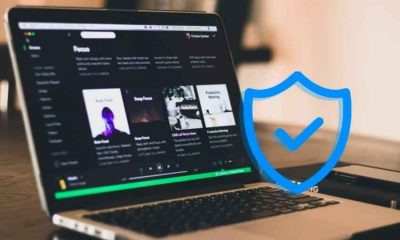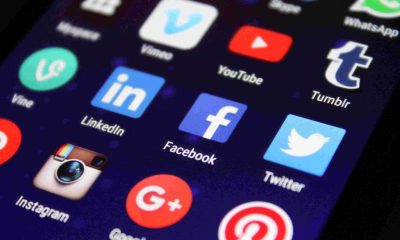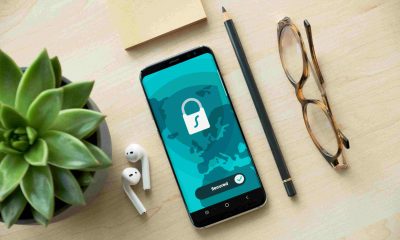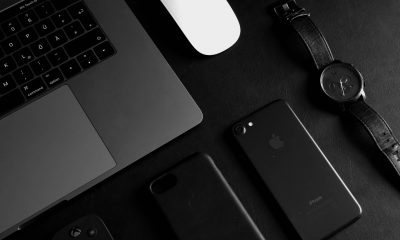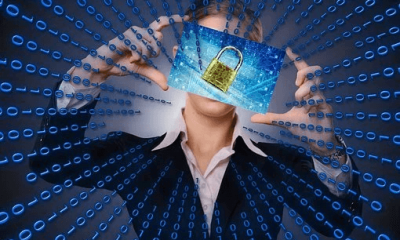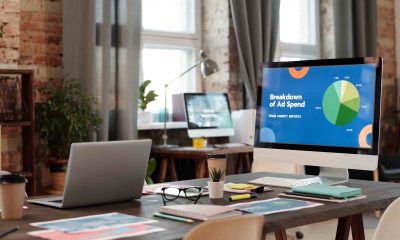Use Strong Passwords
First and foremost, no personal information should be entered into a site that doesn’t require you to use passwords. However, using a weak password consisting of words and numbers that can be easily guessed will not protect your information. You should create a secure password using the combination of numbers, symbols, and upper and lowercase letters. Fortunately, many sites have strength indicators, so feel free to use them when creating your combinations. Change your passwords frequently, and don’t use the same code on multiple accounts.
Protect Your Internet Connection
All your online activities are tracked by numerous companies. Most of the time, the data they collect is used to generate targeted ads, which can be bothersome but harmless. The problem is that your information can be used for malicious purposes as well. For this reason, you should avoid using public Wi-Fi when entering confidential information. Another option is to secure your home internet connections with malware blocking browser extensions. You might have heard of virtual private networks or VPN as well. VPN is a helpful tool to keep your connection secure, especially now that most of us are working from home. If you are curious about how VPNs work, you can click here to familiarize yourself with its features. Like what we mentioned earlier, we are almost always online, be it for personal or work purposes, and by opting for a version that doesn’t store your data, you can access a lot more websites freely and securely.
Use Social Media with Caution
Posting intimate details of your life on social media is not only irritating but can be dangerous as well. Check your privacy setting to make sure your posts will only be seen by people whom you trust. This is particularly important when sharing your personal information, like your birthday or even your location. Cybercriminals often use social media to lure in their victims by using phishing scams disguised as legitimate-looking messages. Never open suspicious links in messages, even if they are from a friend or a business you have interacted with before.
Install an Antivirus Software
It’s also important to mention that personal information could be stolen from your gadgets too. As you use the internet, hackers can send malicious software to your devices and access everything that’s stored on them. When sharing a computer with a Windows operative system with other people, you are at an even greater risk of a security breach. In this case, installing antivirus software will be absolutely necessary. If you are using a newer version of Windows and are cautious with your online activities, Windows Defender should provide enough protection for you. Mac users are more protected by macOS, but even they can benefit from good spyware software.
Update Your Devices Regularly
The manufacturers of popular software used in computers, tablets, smartphones, and even smart home systems, are constantly developing newer versions of their products. Besides minor bug fixes, these updates usually contain security patches as well. So next time you see a notification on your gadget that something needs to be updated, don’t hesitate to allow it. Postponing an update for long periods of time makes your entire system vulnerable because it gives the hackers time to figure out how to breach it.
Don’t Visit Suspicious Websites
Before entering any confidential information into any website, you should check if it’s secure enough to do so. The simplest way to do this is to look if the site’s URL starts with “https”. If it does, then the website is safe enough. If you conduct purchases or engage in any similar activity, it’s also recommended to check the site’s privacy policy. They should have viable contact information available, so you have someone to turn to if something goes wrong when using their services. Only enter your personal data into a website if you are entirely comfortable with the level of security they provide. Whether using social media or paying your bills online, protecting your personal information should be your number one priority. Having even a couple of pictures stolen or used can have disastrous consequences for your life. Not to mention, if you get robbed from your hard-earned savings, you might never get it back. Fortunately, with just a couple of steps, you can secure all your online data and save yourself from many headaches. Thank you for visiting techfollows.com.
